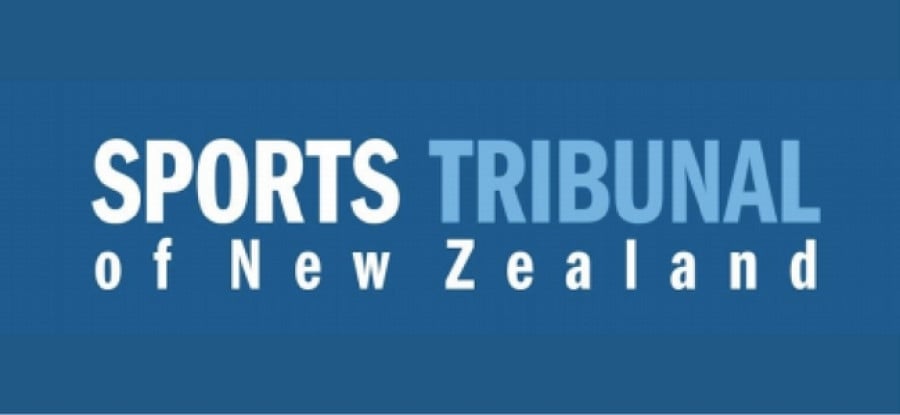ST02/17 DFSNZ v Karl Murray - Sanction
Press Release
11th May 2018
The Sports Tribunal has suspended cyclist Karl Murray for a period of 8 years for the presence of a prohibited substance, clenbuterol, in a sample taken from him during the Tour of Northland on 18 March 2017. Clenbuterol is a non-specified substance prohibited at all times, and its presence is a violation of the Sports Anti-Doping Rules (SADR).
After a hearing in October 2017 the Sports Tribunal found that Mr Murray had committed an anti-doping rule violation. Mr Murray was not sanctioned for that offence at the time, after DFSNZ sought an adjournment, until the Court of Arbitration for Sport (CAS) had ruled on its appeal concerning a potential breach of his earlier ban.
Mr Murray had been banned for two years by the New Caledonia Anti-Doping Commission (Code non-Signatory) in 2014, following a positive test while competing in an event there in 2013. That ban was later recognised by the UCI, the world governing body for cycling, in April 2015, which enabled it to be recognised in New Zealand. CAS found that while banned, Mr Murray coached athletes, which is a prohibited activity. The Sports Tribunal had previously dismissed the case against Mr Murray when DFSNZ first brought the case in 2016, prompting its appeal to the CAS.
CAS upheld DFSNZ’s appeal and as a result Mr Murray’s two-year ban for an anti-doping rule violation was restarted on 15 December 2017. The issue of sanction for the Tour of Northland violation was scheduled to be heard by the Tribunal on 9 February 2018, but a jurisdiction issue was raised which had to be first determined by the Tribunal. Subsequently a decision was issued in March 2018 and the sanction hearing was rescheduled in April 2018.
The presumptive period of ineligibility for the intentional use of a non-specified substance is four years. DFSNZ’s position was the New Caledonian violation was Mr Murray’s first violation and the Tour of Northland a second violation. It was accepted that coaching while banned did not count in determining the applicable sanction. The sanction for a second violation is “twice the period of ineligibility”, therefore Mr Murray was subject to an eight year period of ineligibility.
Mr Murray challenged the New Caledonian ban being counted as a first violation, as New Caledonia was a non-Signatory to the Code, and recognition by UCI of the decision related only to the ban, not the violation. In Mr Murray’s view the Tour of Northland event was his first violation under the SADR, and as such he was subject to a maximum period of four years ineligibility
The Tribunal was satisfied that the New Caledonian decision could be recognised and further that the violation constituted Mr Murray’s first violation for determining the issue of sanction applicable to the Tour of Northland event. The Tribunal noted that the New Caledonia decision was recognised by the UCI and that:
there was no challenge to the UCI recognition, nor as we understand it, any challenge to the consequential recognition of the French and New Zealand authorities, and no suggestion before this Tribunal that the New Caledonian rules were in any material way inconsistent with the Code.
In the Tribunal’s view recognition of the violation and sanction were consistent with the interpretation of Rule 15 and the Code’s purpose to “ensure harmonised, co-ordinated and effective anti-doping programmes at the international and national level with regard to detection, deterrence and prevention of doping”.
As the Tour of Northland violation constituted Mr Murray’s second violation, the Tribunal imposed the mandatory period of eight years’ ineligibility backdated to commence from 11 May 2017, the date of Mr Murray’s provisional suspension.




